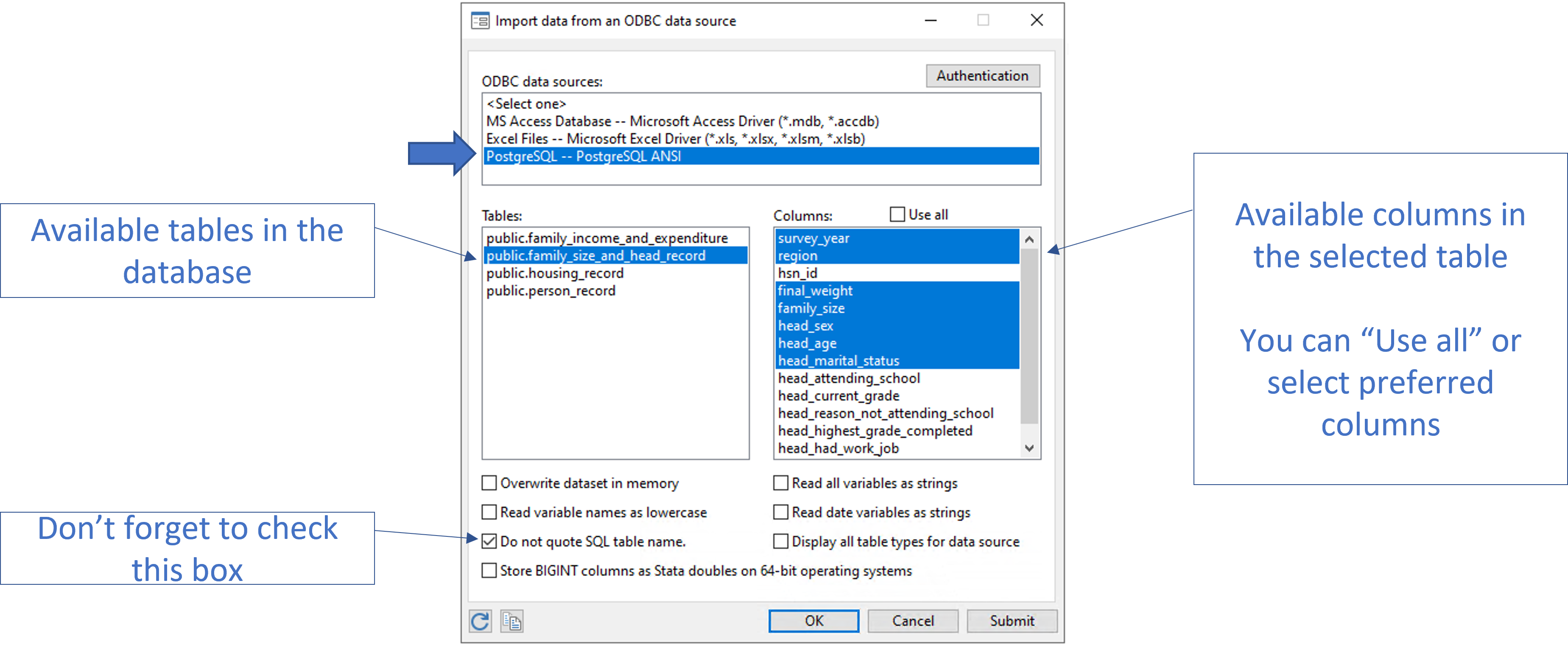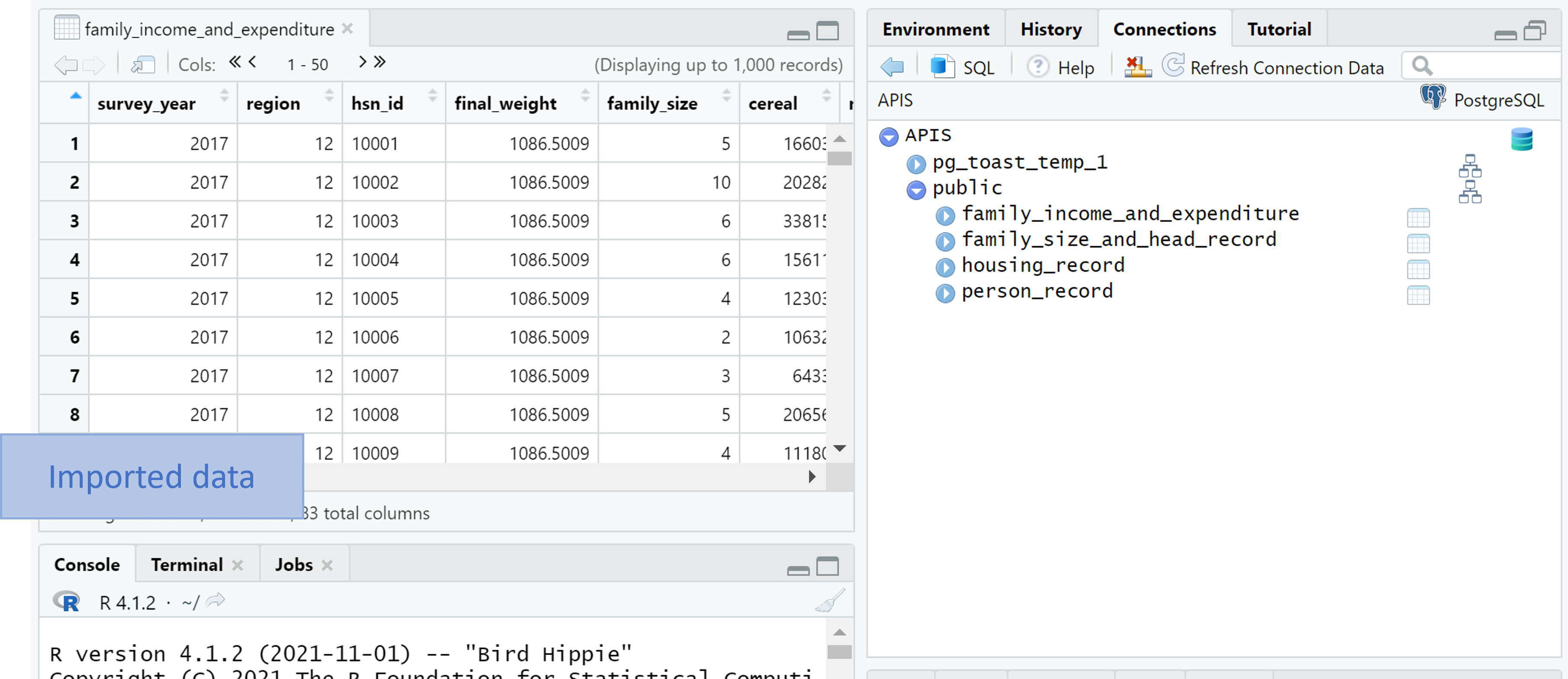
Family Health Survey
The Family Health Survey (FHS) is a nationwide survey designed to provide information on fertility, maternal and child health, family planning, maternal and child mortality, and other health-related concerns in order to assist policymakers and program managers in evaluating and designing strategies for improving health and family planning services in the country. The FHS updates findings from the series of Family Planning Surveys conducted from 1995 to 2006, and various rounds of the National Demographic and Health Survey. The survey was designed to provide data representative of the country and its 17 administrative regions. The FHS involved interviewing all women who are 15 to 49 years of age in the sample households. These women were asked questions about some of their background characteristics, the children they have given birth to, use of family planning methods, antenatal and postnatal care received during pregnancy, vaccinations received by their children, and other valuable health-related information. The classification of a household to indicate its socio-economic status was done by the National Statistics Office based on the responses on the presence of household conveniences, that is, a household was assigned a score that will indicate its socio-economic standing. Household conveniences include electricity, radio or radio cassette, television, landline telephone, cellular phone, washing machine, refrigerator or freezer, CD/VCD/DVD player, component or karaoke, personal computer, and gas stove or gas range. Vehicles include tractor, motorized banca or boat, car/jeep/van, motorcycle or tricycle and bicycle or pedicab.
| Datasets | Microdata | Documentation | Database |
|---|---|---|---|
| Family Health Survey 2011 |  |
 |










